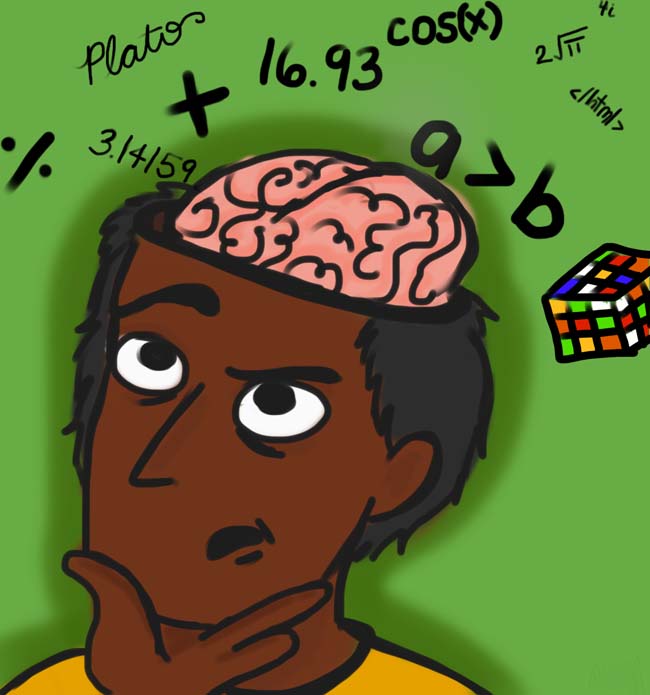Have you ever wondered what preconceptions your professor brings to class, and how they may influence the direction of your class’s discussion?
Have you ever pondered why you always seem to think about Ritz crackers while walking by the Crim Dell?
If so, congratulations; you’re already unintentionally improving your critical thinking skills.
Eugene Fram, a professor at the Saunders College of Business at Rochester Institute of Technology, published an article Nov. 8 in the Huffington Post asserting that most college graduates lack vital critical thinking skills valued by the job market.
Although most students at the College of William and Mary do not formally learn critical thinking skills, students often unconsciously learn this manner of decision-making, both in and out of the classroom.
Critical thinking emphasizes analyzing, evaluating and formulating balanced information-based viewpoints. In other words, critical thinking skills encapsulate the overarching goals of the College’s liberal arts curriculum. By infusing major requirements with general education requirements, the College seeks to instill broad perspectives from the sciences, arts and humanities into students.
While interdisciplinary academics may promote critical thinking skills, the real edge to our graduates’ decision-making abilities are the skills they gain from their engagements beyond the classroom. Students take pains to defy the constraints of time to participate in activities such as student-driven research projects and studying abroad — experiences that augment their critical thinking skills. By considering the ethical implications of lab work, and the depth of information needed to validate a belief, students comprehend the implications and presumptions that formulate their decision-making process. When integrating themselves into foreign cultures, students expose themselves to a broader spectrum of beliefs that allows them to consider various perspectives and backgrounds before articulating a claim.
But do the hours we spend poring over lab reports, hyperventilating about exam results and zombifying ourselves in Earl Gregg Swem Library detract from the progression of our critical thinking skills? Notably, students and faculty have a tendency to overemphasize the importance of academics. This negatively affects student development, as the college experience is defined by sociability, experimentation, amusement and exploration just as much as academic rigor.
Supplementing an intense course load with a tutoring program at a middle school or a cultural organization heightens education out of class while increasing fact-based, decision-making skills.
So challenge yourself; expand and complement your education past lectures and PowerPoint slides. Don’t underestimate the power of enjoying lunch with a professor, attending a play, or taking a class that perplexes, excites and invigorates you.
As quickly as you would seize the opportunity to enjoy a lovely autumn afternoon by Lake Matoaka, dare yourself to take full advantage of the experiences, people, ideas and perceptions before you ring the Sir Christopher Wren Building Bell.
Email Elizabeth Jacob at erjacob@email.wm.edu.

